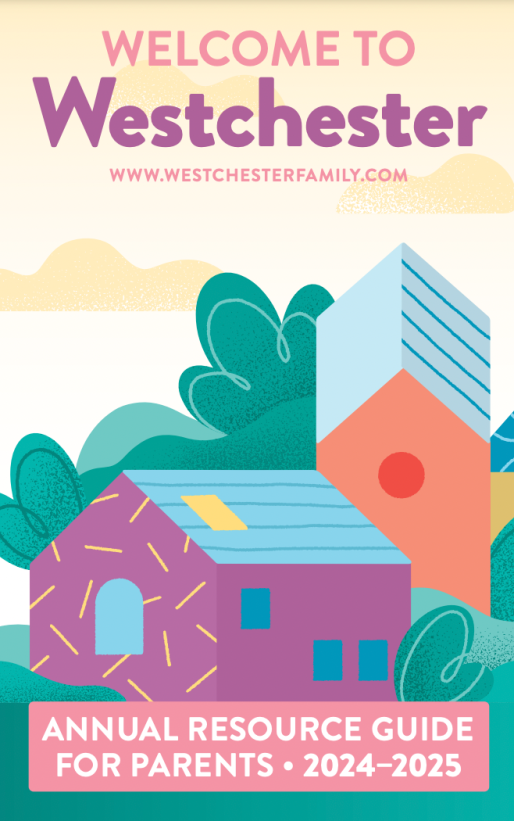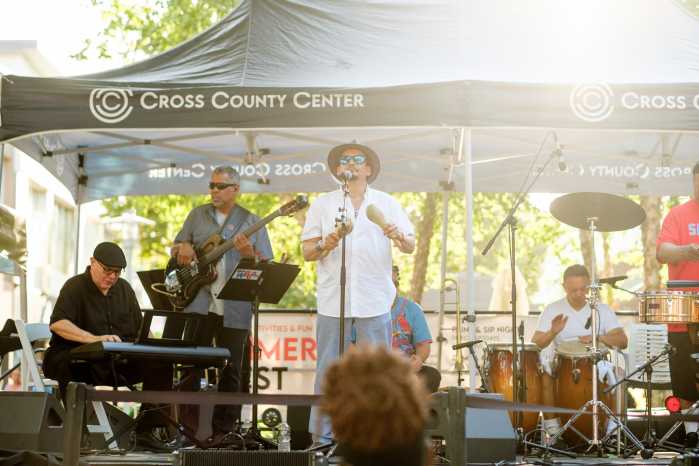Textured breast implants made by Allergan, one of the world’s largest manufacturers of breast implants, were recently recalled worldwide. The recall was due to a concern about breast implant-associated anaplastic large cell lymphoma (BIA-ALCL), a rare cancer of the immune system that can form as a reaction to breast implants. The most recent studies published by Memorial Sloan-Kettering Cancer Center estimate the incidence of BIA-ALCL as 1 in 443 women with textured breast implants. There have been 573 cases of BIA-ALCL identified worldwide, resulting in 33 deaths. Of the known cases of BIA-ALCL 95% have been associated with implants that have a rough or textured surface. While the FDA does not currently recommend removal or replacement of textured breast implants or tissue expanders in asymptomatic patients, many women do not want to wait until they have symptoms to remove their implants.
The U.S. Food and Drug Administration (FDA) first suspected a connection between breast implants and ALCL in 2011, but there were very few cases and it was difficult to determine the factors that increased a patient’s risk. In 2016, the World Health Organization (WHO) acknowledged that the association between breast implants and ALCL was real, and renamed the disease Breast Implant-Associated ALCL, or BIA-ALCL. In December 2018, Allergan voluntarily suspended sales of its textured implants in Europe after the implants were denied renewed safety certificates in France because of concerns about BIA-ALCL. In May 2019, Allergan voluntarily suspended sales of textured implants in Canada after the country’s health agency suspended the licenses for the implants, citing health concerns. In February 2019, the U.S. FDA held meetings to review the safety of all breast implants. In July 2019, Allergan voluntarily suspended sales of all of its textured implants worldwide, including the United States. For women undergoing breast implant surgery, most plastic surgeons consider smooth-shelled implants a better choice at this time.
Understanding ALCL
Anaplastic large cell lymphoma (ALCL) is a rare type of non-Hodgkin lymphoma that develops in the lymphatic system from a type of white blood cell called a T-cell. When ALCL is associated with breast implants, it is not a cancer of the breast tissue but rather it is a cancer located in the scar tissue, or capsule, that naturally forms around the breast implant. The most common symptom is swelling of the breast that occurs over several years after placement of the implant, with most cases occurring after seven to nine years.
Women with breast implants who notice swelling, fluid buildup, or any change in the shape of the breast, can get a breast MRI to see if there is fluid around their implant or a mass on their capsule. ALCL can be diagnosed by sampling the fluid around the breast or taking a biopsy of the capsular mass. BIA-ALCL has an excellent prognosis when the disease is confined to the fluid or to the capsule surrounding the breast implant. In general, the treatment for BIA-ALCL is to surgically remove the implant and the entire capsule that surrounds it in one piece, a procedure known as an “en bloc capsulectomy.” When caught in its early stages, an en bloc capsulectomy should be curative. If not properly treated, the tumor can be recurrent and grow as a mass around the implant capsule or can extend to regional lymph nodes. In more advanced cases, such as when the disease has spread to the lymph nodes or other parts of the body, further treatment may be necessary, such as chemotherapy or radiation therapy. No deaths or progression to advanced disease have been reported in patients who have undergone a complete en bloc capsulectomy to treat early stage BIA-ALCL.
Textured breast implants, which represent about 5 to 12% of implant procedures in the U.S., were developed to make an implant less likely to move around in the breast pocket. Researchers don’t know yet why a textured surface increases the risk of cancer, but they hypothesize that the textured surface may create particles that cause abrasions that trigger the immune system to respond and then, over time, to malfunction. Chronic inflammation is known to lead to lymphoma, and the increased inflammation caused by implants as a foreign body may lead to proliferation and activation of T-cells. Another hypothesis is based on the possibility that bacteria on the surface cause infection, which is believed to be greater in textured implants. It is conceivable that there are multiple factors, including the woman’s genetic makeup, that contribute to the risk of cancer. As of now, the textured surface is the primary risk factor, although 5% of BIA-ALCL cases have been associated with smooth-shell breast implants. There appears to be no difference in risk in implants filled with silicone or saline, or implants placed for cosmetic or reconstructive reasons.
Implant alternative
For women who need breast reconstruction after mastectomy, an alternative to implants is natural tissue breast reconstruction, in which a new breast is created from a woman’s own tissue, such as her lower abdomen or inner thighs. Natural tissue breast reconstruction is a more complex operation than implant-based breast reconstruction, but it has the advantage of recreating breasts that are soft and warm, in which the breasts grow and shrink as the patient gains and loses weight. In addition, natural tissue breast reconstruction offers the possibility of restoring breast sensation after mastectomy, even if a woman has already had implant-based breast reconstruction. If a woman ultimately decides that she prefers implant-based breast reconstruction, however, she must be aware of ALCL and fully educate herself about the risks and benefits of breast implants so that she can make an informed decision about what is best for her.
Constance M. Chen, M.D., is a board-certified plastic surgeon with special expertise in the use of innovative natural techniques to optimize medical and cosmetic outcomes for women undergoing breast reconstruction. const











